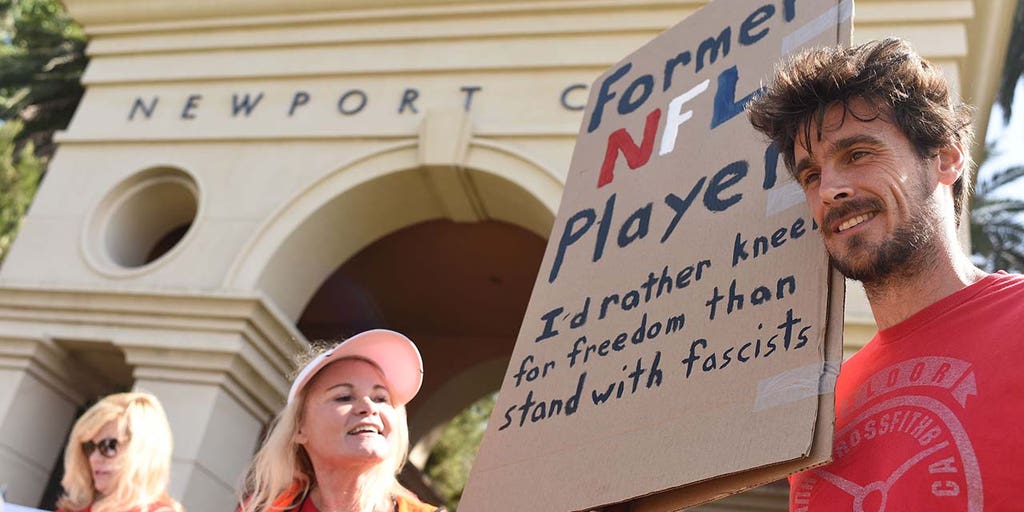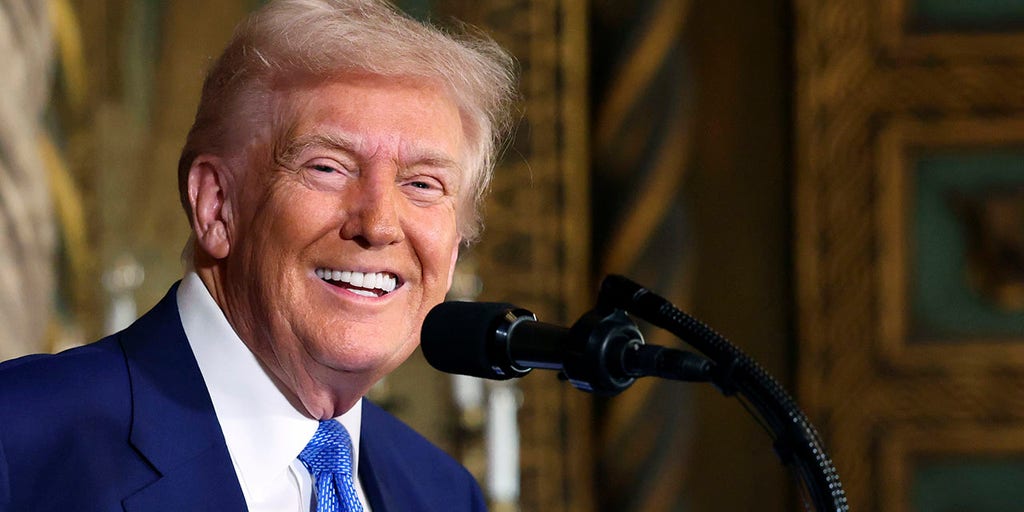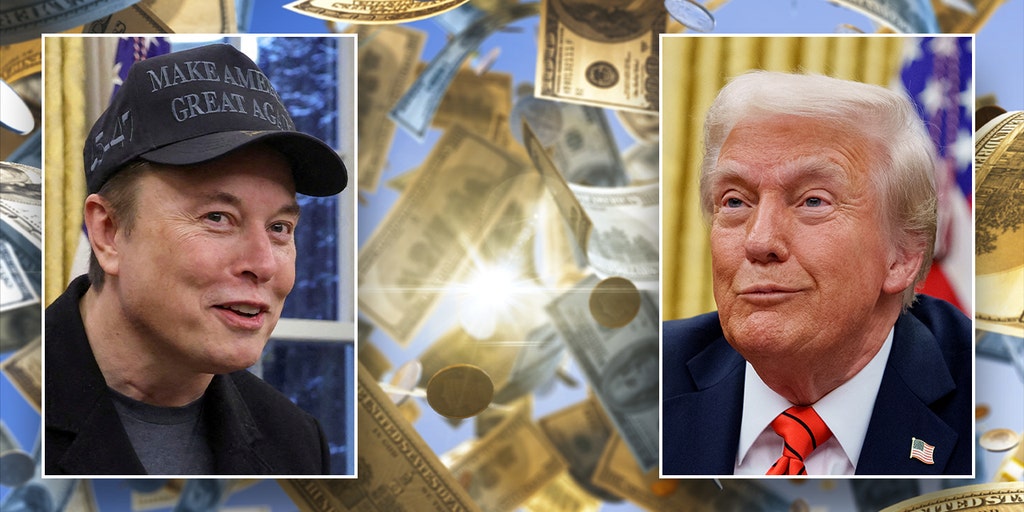European Leaders Face Difficult Choices Amid US Policy Changes in Ukraine

European leaders are grappling with the implications of U.S. President Trump's peace negotiations in Ukraine, which exclude them. This situation forces a reevaluation of military commitments and budgetary needs amidst rising tensions.
For years, European leaders have expressed concerns about their reliance on the United States. Recent developments underscored this anxiety as U.S. President Trump's proposal for peace negotiations between Ukraine and Russia excluded both Ukrainian and European representatives.
This has forced leaders in countries like Germany, France, and the UK to reconsider their positions and face tough decisions regarding their military involvement in Ukraine.
European governments are now discussing the possibility of deploying troops as peacekeepers in Ukraine. This move requires significant increases in military budgets, reminiscent of Cold War spending.
Lawrence Freedman, an expert in war studies, highlighted that European nations will need to enhance their military readiness. However, the prospect of committing troops faces public scrutiny and political risks, given the potential dangers involved.
French President Emmanuel Macron's earlier suggestion for peacekeepers was met with skepticism, while Germany's Chancellor Olaf Scholz dismissed it as 'premature.' British Prime Minister Keir Starmer expressed a willingness to deploy troops, but former military officials warned that the British military lacks the necessary resources for a large-scale operation.
Despite underlying challenges, some European leaders remain cautious about moving away from the transatlantic alliance. Any effective peacekeeping force would require substantial logistical support from the U.S., essential for gaining acceptance among European nations.
At a recent Munich Security Conference, anxiety was palpable, especially after Vice President JD Vance’s controversial speech that criticized European politics. His comments fueled concerns about diminishing shared values and potential election interference.
As Trump has threatened tariffs on the European Union, the economic implications loom large, complicating defense spending further. Current defense budgets in Germany, France, and the UK remain below the spending levels Trump insists upon.
Moreover, Trump's unilateral negotiations with Russia have puzzled European leaders, who express regret over diminished U.S. support for Ukraine’s war objectives. The lack of communication has resulted in a fragmented approach to the conflict.
In conclusion, with unpredictability in U.S. foreign policy, Europe's future strategies are uncertain, as they navigate military commitments and budgetary pressures amidst rising geopolitical tensions.





















